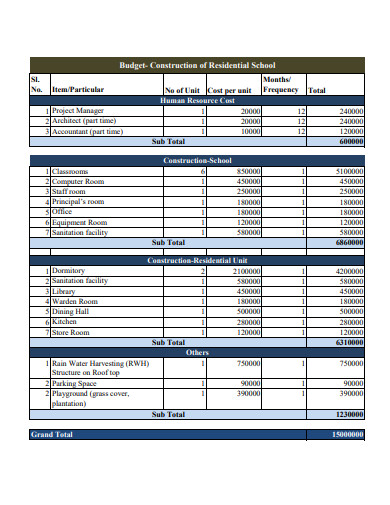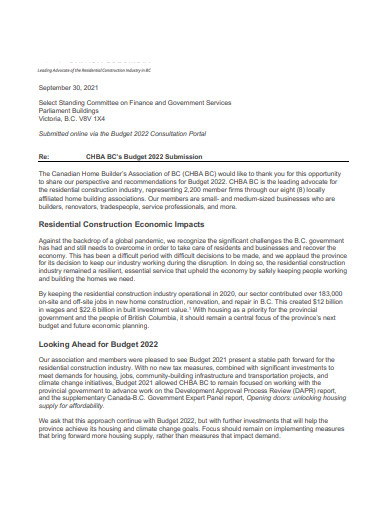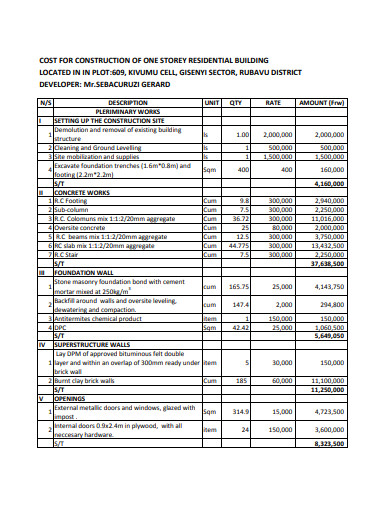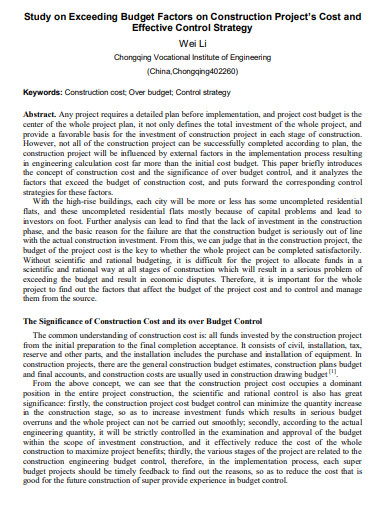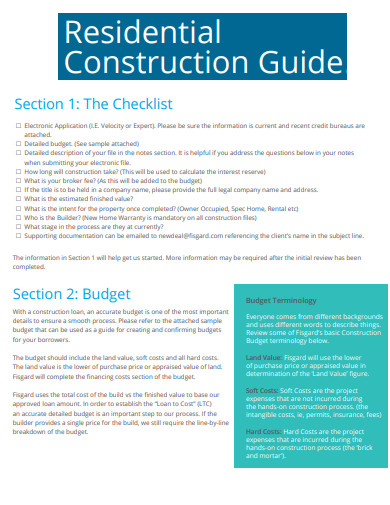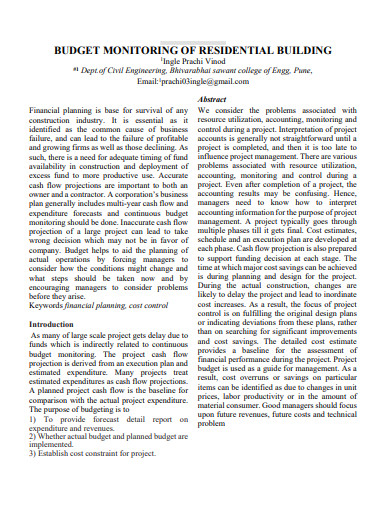Building or renovating a home is a journey of creativity, precision, and financial planning. At the heart of this endeavor is the “Sample Residential Construction Budget”, a vital tool that blends aspirations with economic prudence. This budget serves as both a beacon and a blueprint, illuminating the path between architectural dreams and the brick-and-mortar realities of the construction world. In this guide, we delve into the intricacies of crafting this essential financial document, helping ensure your project’s success from the ground up.
8+ Residential Construction Budget Samples
1. Construction Budget Template Bundle
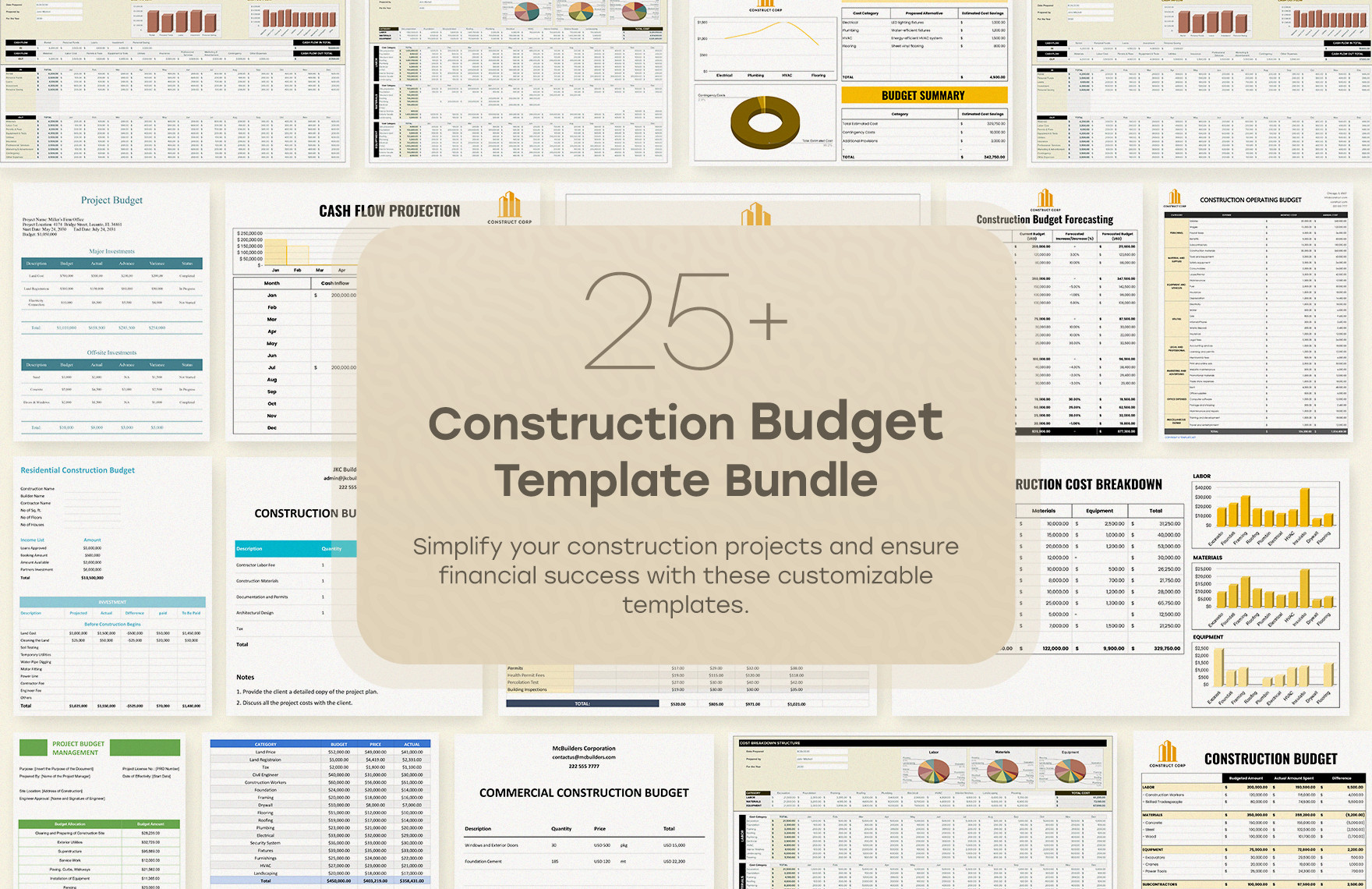
2. Residential Construction Budget Template
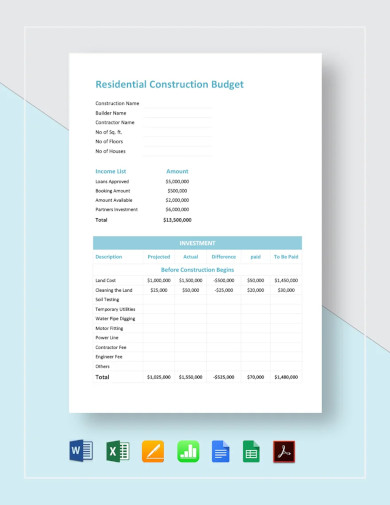
3. Free Residential Construction Budget Template
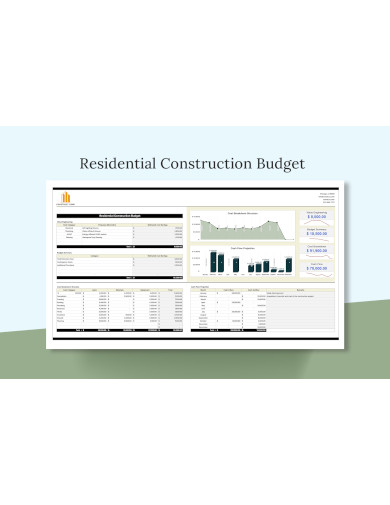
4. Residential School Construction Budget Template
What is the Residential Construction Budget?
Every construction endeavor is, at its core, a financial undertaking. The Residential Construction Budget is a structured financial document that lays out the anticipated expenses of a home building or renovation project. Far from being a mere list of costs, it’s a dynamic tool that aids in decision-making, resource allocation, and project pacing.
A typical budget encompasses a wide array of expenses. These range from obvious construction materials like bricks, cement, and timber, to labor costs, administrative fees, permit charges, and unforeseen contingencies. It’s not just about predicting expenses but about creating a vision for the project with financial constraints in mind.
The importance of a robust construction budget cannot be overstated. It serves as a touchstone for homeowners, architects, and contractors, ensuring that everyone’s expectations align with the financial realities. By having a well-defined budget, you not only prevent over-spending but also ensure that funds are available consistently, avoiding project delays.
How Do I Make a Budget for House Construction?
Crafting a budget for house construction might seem daunting, but breaking it down into systematic steps can simplify the process:
Initial Assessment: This is your starting point. Identify if you’re building anew or revamping an existing structure. Each has its unique set of financial considerations.
Research Costs: Engage in thorough market research. Obtain quotes from multiple contractors, understand material costs, and be aware of potential ancillary expenses.
Utilize a Budget Spreadsheet: This tool can be invaluable. Segment and itemize your expenses, from the most significant outlays down to the minutest details. Having a visual representation aids clarity.
Establish a Contingency Fund: No construction project goes exactly as planned. Allocating 10-20% of the overall budget for unforeseen expenses ensures that surprises don’t derail your project.
Periodic Review: Construction is dynamic. As work progresses, regularly revisit your budget, making adjustments based on real-time expenses and revised estimates.
5. Residential Construction Budget Submission Template
6. Residential Building Construction Budget Template
7. Residential Construction Budget in PDF
8. Basic Residential Construction Budget Template
9. Standard Residential Construction Budget Template
What is the Cost Breakdown in Construction?
A cost breakdown, in the context of construction, is a meticulous categorization of all project-related expenses. It’s akin to shining a spotlight on every financial aspect, illuminating where each dollar is allocated.
Essential components often include:
Land Acquisition: This is foundational – the price of the plot where you’ll build.
Design and Planning: Here, you factor in fees for architects, surveyors, and any associated permit or regulatory charges.
Site Work: Before construction proper begins, there’s groundwork, like excavation, land leveling, and utility connections.
Building Expenses: The actual construction costs, which span everything from foundational work to roofing and the structure in between.
Interiors: This encapsulates flooring, wall finishes, fixtures, and more – everything that makes a house a home.
Utilities: Wiring, plumbing, HVAC – the veins and arteries of a home.
Landscaping and Externals: It’s not just about the house. Driveways, gardens, patios, and fences play a role too.
Contingencies: A vital component, ensuring you’re prepared for the unpredictable.
How Much Does Residential Construction Cost Us?
Determining the cost of residential construction is a multifaceted endeavor. The U.S. sees an average range of $100 to $500 per square foot, but this is a broad stroke. Numerous variables play into this equation.
Location is paramount; building in metropolitan areas often incurs higher costs than rural locales. The complexity of the design, choice of materials, and even the current economic climate can all sway the final figure. Moreover, labor rates fluctuate based on geography and expertise.
For a nuanced understanding, it’s imperative to consult with local contractors and professionals. They can offer quotes that reflect current market rates, material availability, and region-specific considerations. Armed with this information and a construction estimate sheet, homeowners can better anticipate their financial obligations.
How To Plan a Budget for Residential Construction?
Planning a budget for residential construction requires a blend of research, consultation, and foresight.
Set Clear Objectives: It’s essential to delineate what you envision. The scale, luxury quotient, and functionality of the home will significantly influence the budget.
Harness Tools: Leveraging Budget Spreadsheets and budget planners specifically designed for construction can be invaluable. These tools provide templates and categorizations pertinent to typical construction costs.
Professional Guidance: An architect, contractor, or financial advisor’s expertise can be invaluable. Their insights can help avoid common pitfalls and identify areas of potential savings.
Ongoing Monitoring: As your project unfolds, keep a finger on the pulse of your budget. Monitor actual outlays against projections, and make adjustments as required. This ensures that you remain within the financial guardrails you’ve set, while still realizing your vision.
Related Posts
FREE 4+ Vacation Budget Planner Samples in PDF
FREE 10+ Budget Outline Samples in PDF | MS Word
FREE 10+ Conference Budget Samples in MS Word | MS Excel | Google Docs | Google Sheets | Apple Pages | PDF
FREE 10+ Monthly Budget Worksheet Samples in PDF | MS Word | Google Docs | Google Sheets | Excel
FREE 10+ Monthly Project Budget Samples in MS Word | MS Excel | Google Docs | Google Sheets | PDF
FREE 10+ Corporate Budget Samples in MS Word | MS Excel | Google Docs | Google Sheets | PDF
FREE 9+ Primary School Budget Samples in MS Word | Google Docs | Google Sheets | MS Excel | PDF
FREE 10+ Operational Budget Samples in PDF | DOC
FREE 5+ Budget Layout Samples in PDF
FREE 6+ Paycheck Budget Samples in PDF | MS Word
FREE 10+ Architecture Budget Samples in PDF
FREE 10+ Capital Budget Samples in PDF | MS Word | Google Docs | Google Sheets | Excel | Apple Numbers | Apple Pages
FREE 10+ Budget Tracker Samples in PDF | DOC
FREE 4+ Corporate Monthly Budget Samples in MS Word | Google Docs | Google Sheets | Excel
FREE 10+ Profit and Loss Budget Samples in MS Word | MS Excel | Google Docs | Google Sheets | Apple Pages | PDF

